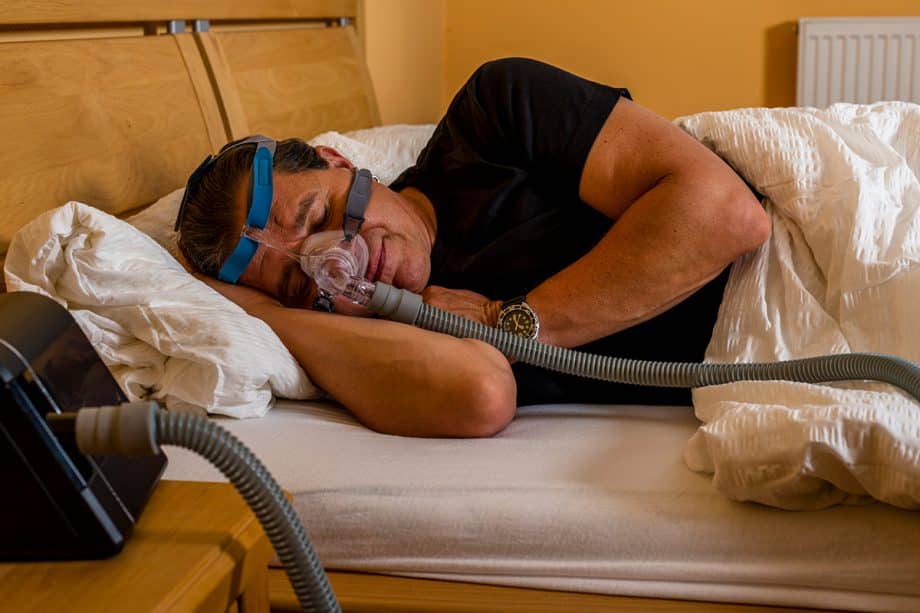Sleep apnea is a serious medical condition that can have serious long-term effects if left untreated. It can lead to daytime sleepiness, fatigue, high blood pressure, and even heart attacks. While there is no known cure for sleep apnea, there are ways to improve your symptoms and reduce the severity of the condition. Here’s what you need to know about the different treatments available to treat sleep apnea.
Causes of Sleep Apnea
Sleep apnea is a sleep disorder that occurs when breathing is repeatedly disrupted while sleeping. The most common cause of sleep apnea is blockage of the airway due to a physical problem in the upper airway, such as a large tongue, obesity, enlarged tonsils, or a deviated septum. Other potential causes can include smoking, drinking alcohol, and taking certain medications. Certain medical conditions, such as diabetes and heart failure, can also increase the risk of sleep apnea. Additionally, age-related changes in the structure of the upper airway and facial bones can contribute to sleep apnea.
Symptoms of Sleep Apnea
Common symptoms of sleep apnea include snoring, pauses in breathing, and daytime sleepiness. Snoring can be loud and disruptive and is one of the most common signs of sleep apnea. Pauses in breathing usually last 10 seconds or longer and can occur multiple times during the night. Other signs of sleep apnea include waking up with a dry mouth, feeling irritable and exhausted during the day, experiencing headaches in the morning, and difficulty focusing.
Treatments for Sleep Apnea
The treatment for sleep apnea depends on the cause and severity of the condition. You cannot cure sleep apnea completely, but certain treatments can work to reverse it and make the symptoms more tolerable. Mild cases can be treated with lifestyle changes, such as avoiding alcohol and sleeping on your side. Severe cases may require more intensive treatments, such as Continuous Positive Airway Pressure (CPAP).
CPAP is the most common and effective treatment for sleep apnea, which involves wearing a mask connected to a machine that pumps air into your airway while you sleep. This keeps your airways open and allows you to breathe more easily. Surgery may be recommended in more severe cases, such as removing excess tissue that is blocking the airway. In some cases, a combination of treatments may be used to get the best results. Whatever the treatment, it is important to follow your doctor's instructions and stay committed to your treatment plan to reduce the risk of complications associated with sleep apnea.
Sleep Apnea Treatment in Suwanee, GA
Are you looking for treatment for sleep apnea in Suwanee, GA? At Suwanee Family Dentistry, we specialize in the diagnosis and treatment of sleep apnea. Our experienced dentists and specialists are dedicated to providing high quality care and personalized service to our patients. We offer a variety of treatment options tailored to your individual needs, including lifestyle modifications, oral appliances, and referrals for CPAP therapy. Our team is committed to helping you find the best solution for your sleep apnea. Contact us today to learn more or to set up an appointment for a consultation.
